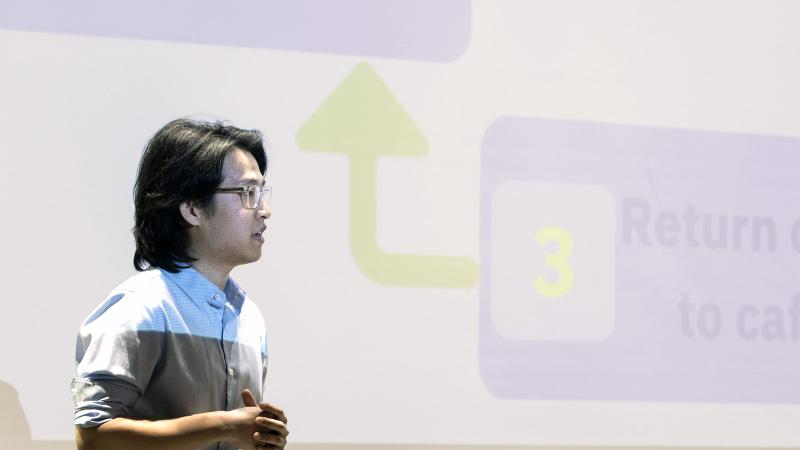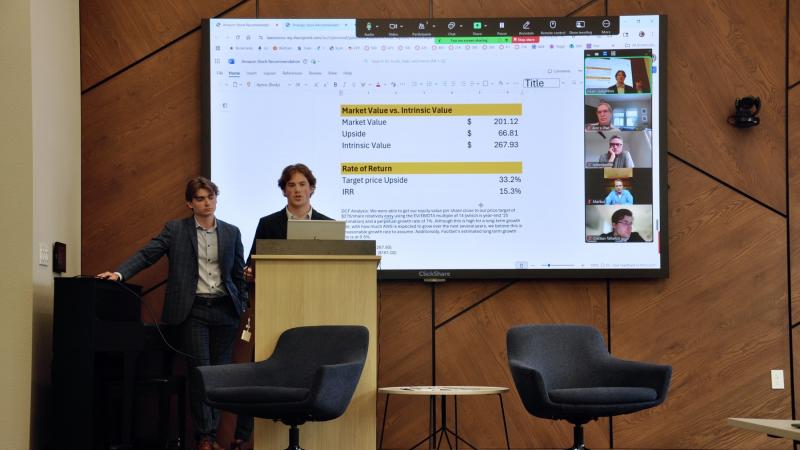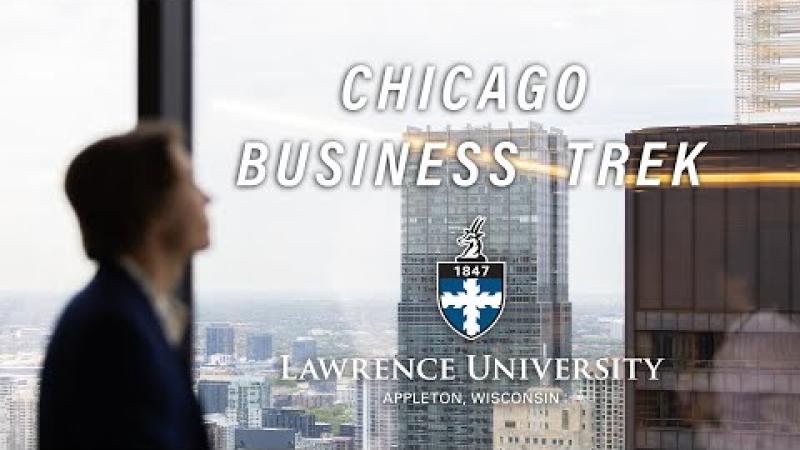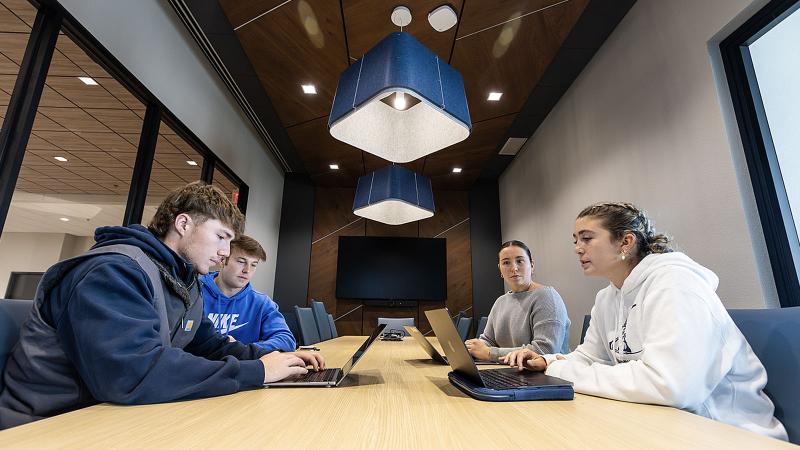
Business & Entrepreneurship Center
Lawrence is forming strategic partnerships with community organizations to develop innovative living-learning spaces where students can collaborate with businesses and non-profits for hands-on experiential learning.
Discover courses and experiences that help you meet your goals.
Find your favorite hands-on experience on or off campus.

Learn from Entrepreneurs
I&E frequently invites entrepreneurs to share insights on their careers and building an entrepreneurial life. Some recent speakers and topics include:
- Tony Vernon '80
- Jill Enos - building an entrepreneurial life
- Dr. Richard Fessler '74 - medical entrepreneurship with emphasis on intellectual property
- Toni Sikes - entrepreneurship in arts
The Chandler Senior Experience
You will work closely with the innovation and entrepreneurship faculty to develop your Senior Experience in an interdisciplinary manner with your major.
Recent Senior Experience projects include:
- Theatre Education in Appleton, Jamaica, and Sierra Leone
- Reinvesting in the Social, Economic and Health Benefits of the Conservation Corps
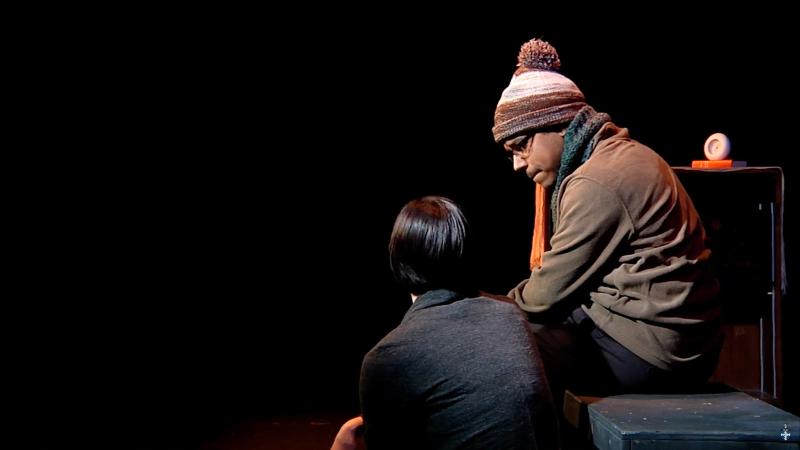
Spotlight on Start-ups
Combine your talents and explore the business of theater and music through Startup Theatre and the Entrepreneurial Musician programs.
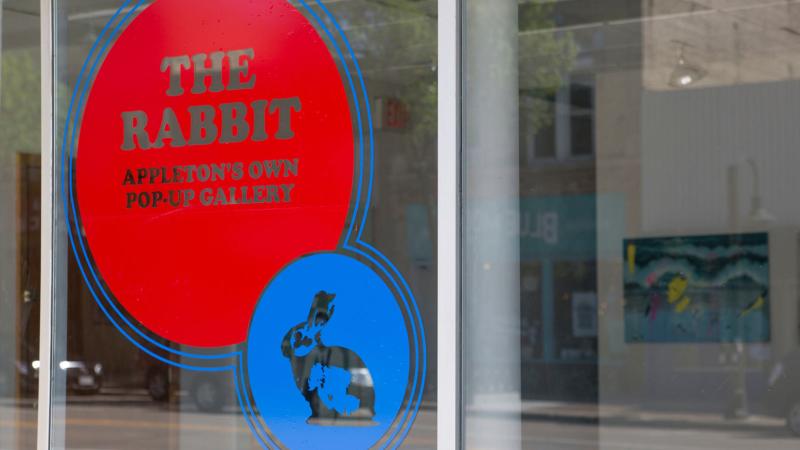
Showstopping Showcase
Make your mark on Rabbit Gallery by planning and executing a pop-up art gallery featuring student works in a storefront in downtown Appleton.
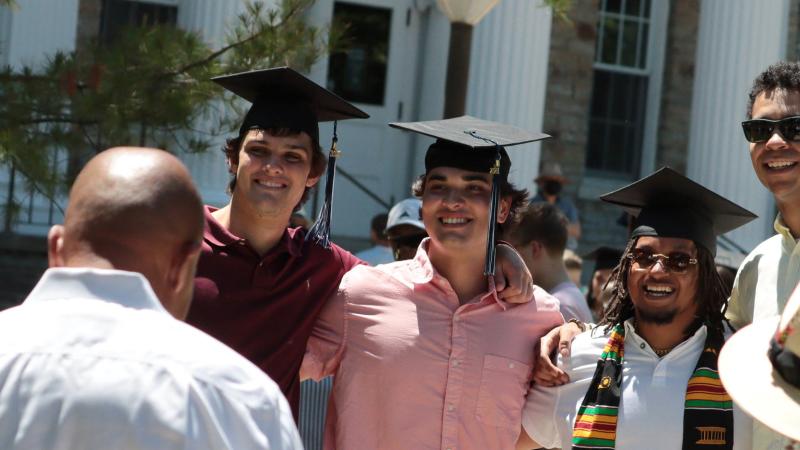
Innovation & Entrepreneurship Outcomes
Igniting your innovative spirit and putting plans behind your passions opens many doors to advanced study and future careers.
